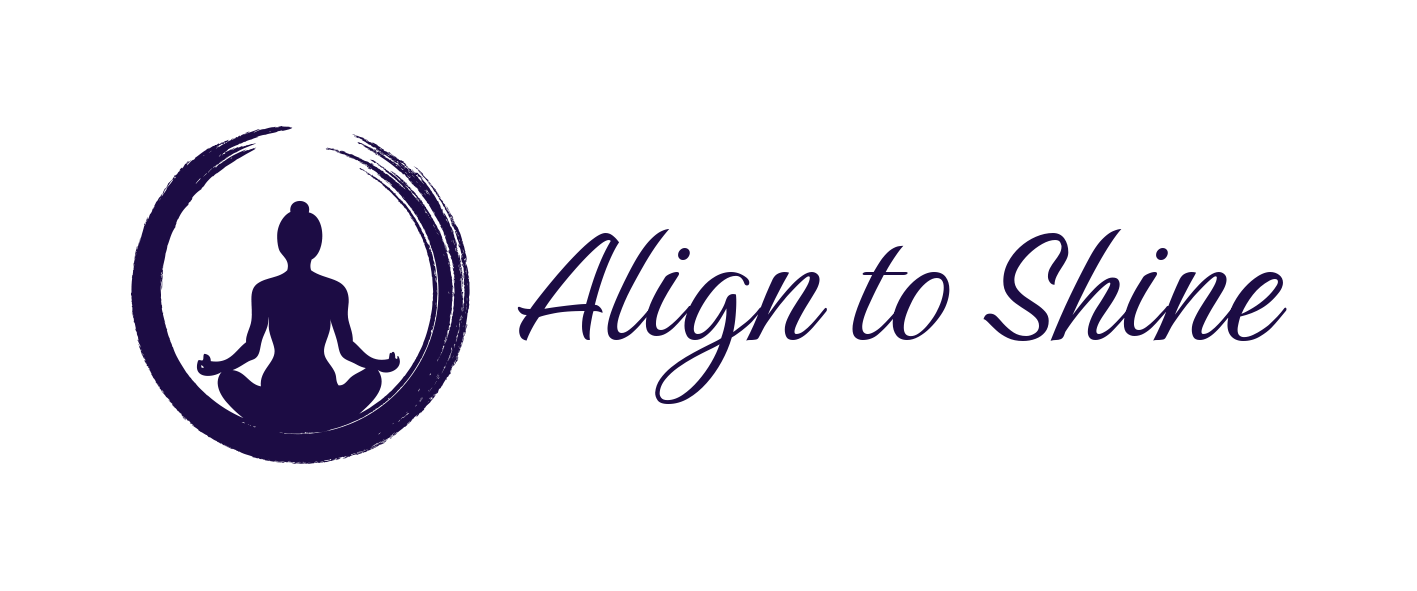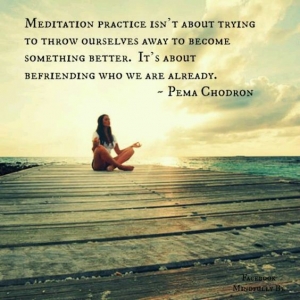
Displaying items by tag: rituals
Meditation as Medicine
Would you take a daily pill if it was scientifically proven to benefit your brain by increasing focus; reducing stress, anxiety, and depression; and improving memory, emotional awareness, and overall happiness? What if it wasn’t through taking a pill, but simply the act of sitting still, for even just one minute a day?
This week’s guest on The Doctor’s Farmacy is here to share that it is, in fact, possible to reap huge benefits in a short amount of time. Journalist and ABC news anchor Dan Harris turned his life around using the power of mindfulness and meditation; he was able to stop self-medicating with drugs, end his struggle with panic attacks, and focus on building a successful, balanced life instead.
Initially, Dan was a skeptic of the power of meditation. He didn't think science could back up the benefits… until he saw the research for himself.
Studies show that meditation works, in part due to its role in growing the beneficial grey matter in the brain, and Dan witnessed the effects himself once he gave it an honest try. His experience led him to write two New York Times best-selling books on the topic in an effort to help other fidgety skeptics embrace the medicinal properties of meditation.
Throughout our talk, Dan explains the proven impacts of meditation with a down-to-earth perspective and provides realistic steps for how to incorporate it into your own life, one minute at a time.
Dan shares his personal journey, from experiencing a panic attack on-air in front of millions to becoming a calmer, more mindful person, on this episode of The Doctor’s Farmacy. If you’ve ever wondered if meditation really works and just what the science says, this episode is for you.
I know you’ll enjoy it as much as I did.
Wishing you health and happiness,
Mark Hyman, MD
The Importance Of Sleep - Part 4
"If every 8 year old in the world is taught meditation, we will eliminate violence from the world within one generation." - Dali Lama
EVENING DINACHARYA, PART 4: PRACTICES FOR BETTER SLEEP
By Shyam Kumar for Yogibeings
In Part 1, we looked at how a consistent sleep routine enhances the quality of rest and rejuvenation. In Part 2, we focused on synchronising our sleep routine with nature’s doshic rhythm and in Part 3, we looked at practices that help you relax in the evening. Now we look at some more evening routines for better sleep.
Avoid backlit screens
Turn of all electronic devices at least an hour before bedtime. Backlit screens interfere with your biological clock and fool your body into thinking its daytime, straining your eyes and stimulating your mind. Spend this time with yourself. Indulge in soothing meditation or self-reflection, listen to relaxing music, or read an uplifting book (although not in bed!).
Avoid reading in bed
Reading in the bed can confuse the body by signalling for sleep and alertness at the same time. Designate a place to sit down and read. Avoid reading excessively emotional or distressing content. If you struggle with sleeping, try giving up bedtime reading.
Keep a journal
Spend a few minutes writing about your day to clear your mind and remove any residual emotions associated with the day’s events.
A soothing glass of milk
If your system allows it, drink a glass of warm milk, with a pinch of cardamom and honey, to promote deep sleep.
Relax your body
Once in bed, consciously relax your entire body. Bring your awareness to each part of the body and will it to relax itself. Then focus on your breathing and gently drift into sleep.
Sleep according to your dosha
Vata types may suffer from irregular sleep routines and have to take extra effort to establish a daily sleep routine. Go to bed at the same time every day, even if you don’t feel sleepy. Sleep on your left side to encourage breathing through your right nostril, to promote heat.
Pitta types tend to easily get disturbed from their sleep. Keep your bedroom quiet and fragrant. Sleep on your right side to encourage breathing through your left nostril, for cooling.
Kapha types have a tendency to oversleep and this causes imbalance. Ensure you wake up before 6 am. Sleep on your left side to promote heating.
Incorporating all these practices into your daily life may sound daunting. Choose a few of these that appeal to you most and commit to doing them every day. As you become comfortable, you can gradually add more practices into your routine. Observe how your body feels and celebrate the small improvements—these are your body’s way of thanking you.
Contact Leonie Main
m: +64 (0) 274 96 96 33
19B Golf Road, Mount Maunganui 3116, New Zealand
Facebook: Gypset Life




